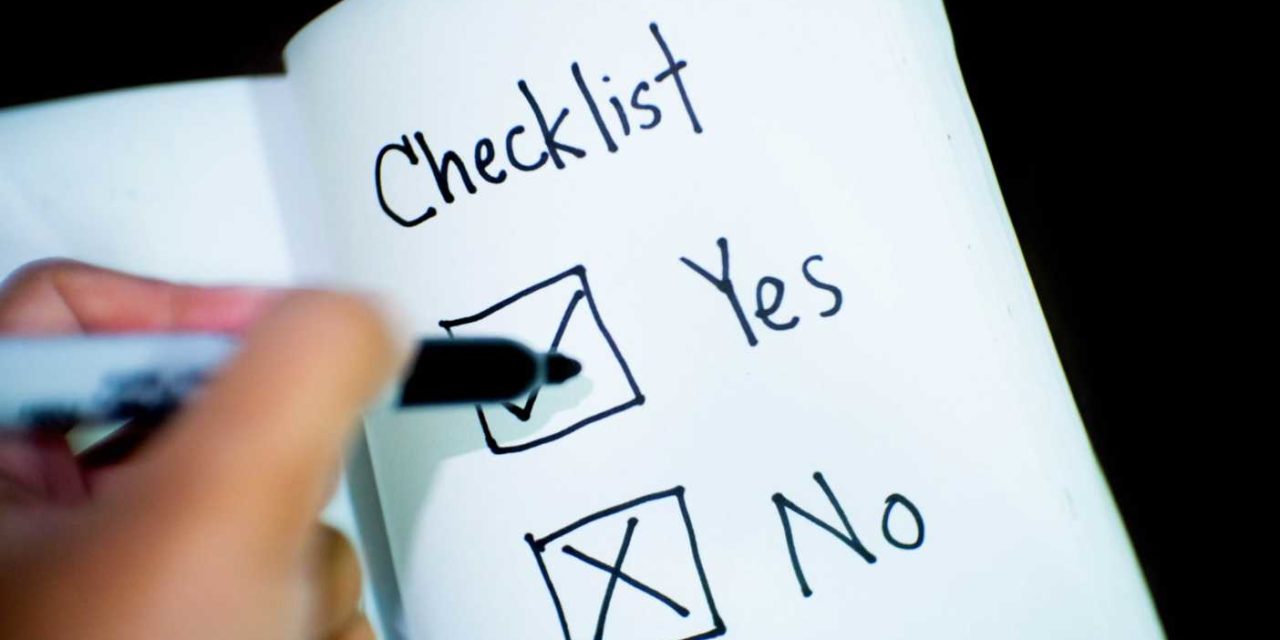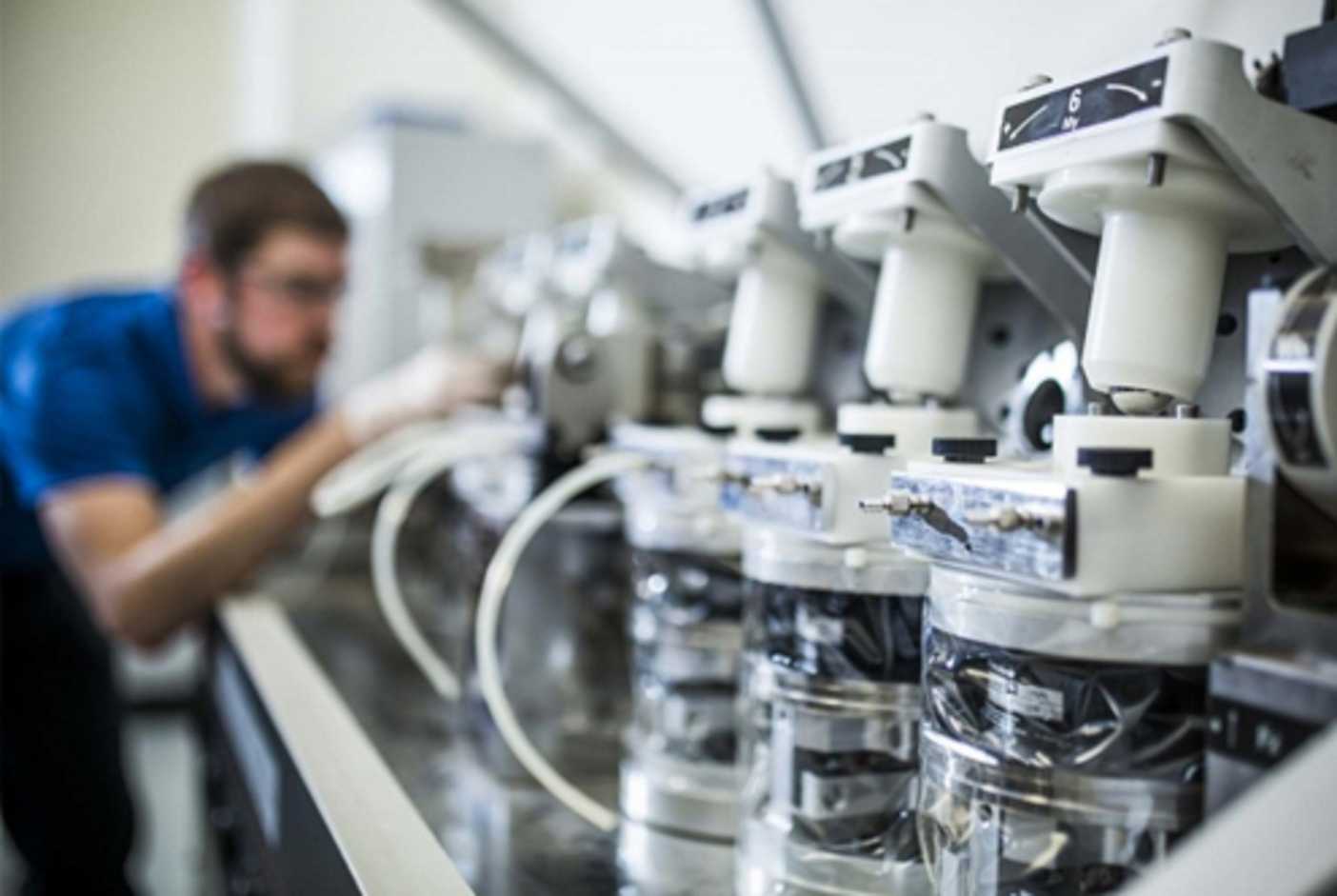Steps to Help Your Personal Injury Claim
Amidst the trauma and confusion of an automobile accident, it is difficult to remain levelheaded and take control of the situation. While you may be tempted to rely on law enforcement officials at the scene to handle everything, it is essential for you to act quickly to collect evidence and speak with witnesses about details you may have missed. Gathering thorough information about the accident will help your legal representative to build a strong claim to present to insurance companies, ensuring that you receive the compensation you deserve. The following personal injury checklist offers tips for dealing with the aftermath of an auto accident.
At the Scene
– Remain at the scene until law enforcement officials and if necessary, medical assistance arrives to inspect the damage. The accident reports filed by the police and the emergency medical technicians provide third-party perspectives from trusted sources.
– Exchange personal information, such as name, address, phone number drivers license number, license plate number and insurance details, with the individuals involved in the accident. Do not offer or accept compensation nor admit fault for the accident at this time, as it may cause issues with a personal injury claim in the future.
– Speak with witnesses at the scene and obtain their contact information.
– If possible, take photographs of the vehicles, the accident scene, and any physical injuries experienced by yourself or the other parties involved.
After the Accident
– Obtain a copy of the accident report for your personal files, along with the ambulance and medical reports if you were transported to the hospital.
– Review your automobile insurance policy, including the Personal Injury Protection (PIP) and Medical Payments details, to determine what type of coverage you are entitled to.
– Contact the witnesses shortly after the accident to obtain statements while they can still remember the event clearly.
– Visit your doctor promptly for a follow-up examination, since some physical injuries are not immediately apparent at the accident scene. Obtain copies of any medical records that can prove that the physical complications occurred after the accident.
– Take photos demonstrating the ongoing progress of your injuries and treatment. Record the dates on the photographs.
– Keep track of all doctors you consulted with and medical expenses related to the accident, including medications and therapy. Make copies of your medical bills to keep in your files.
– Take photographs of the damage to your car before it is repaired.
– Keep records of all automobile repair costs or other property damaged in the accident and make copies of the receipts.
– Keep records of lost wages due to time missed from work following the accident.
– Keep a daily log of your physical and emotional condition after the accident. Make a note of any pain, distress or inconvenience caused by the accident that limits your ability to perform your normal activities.





